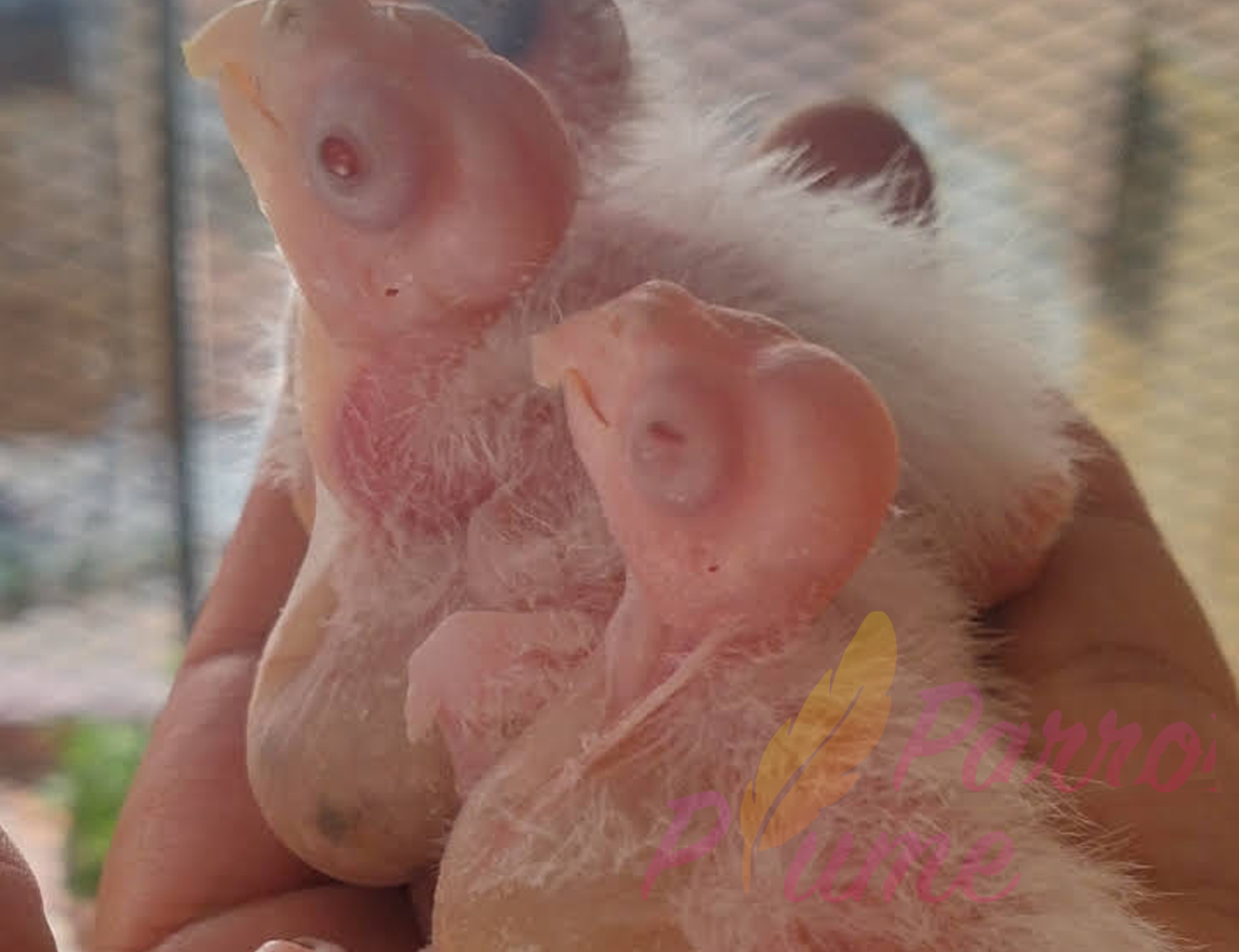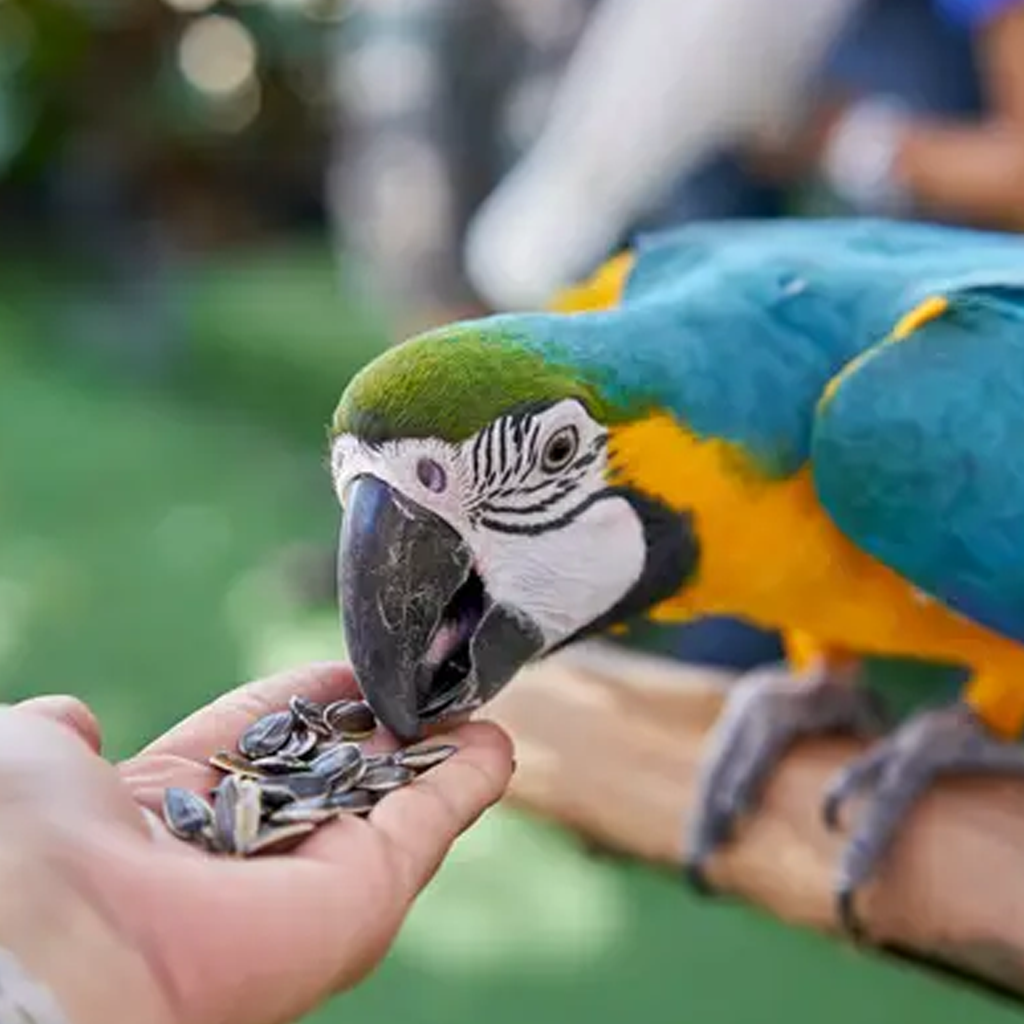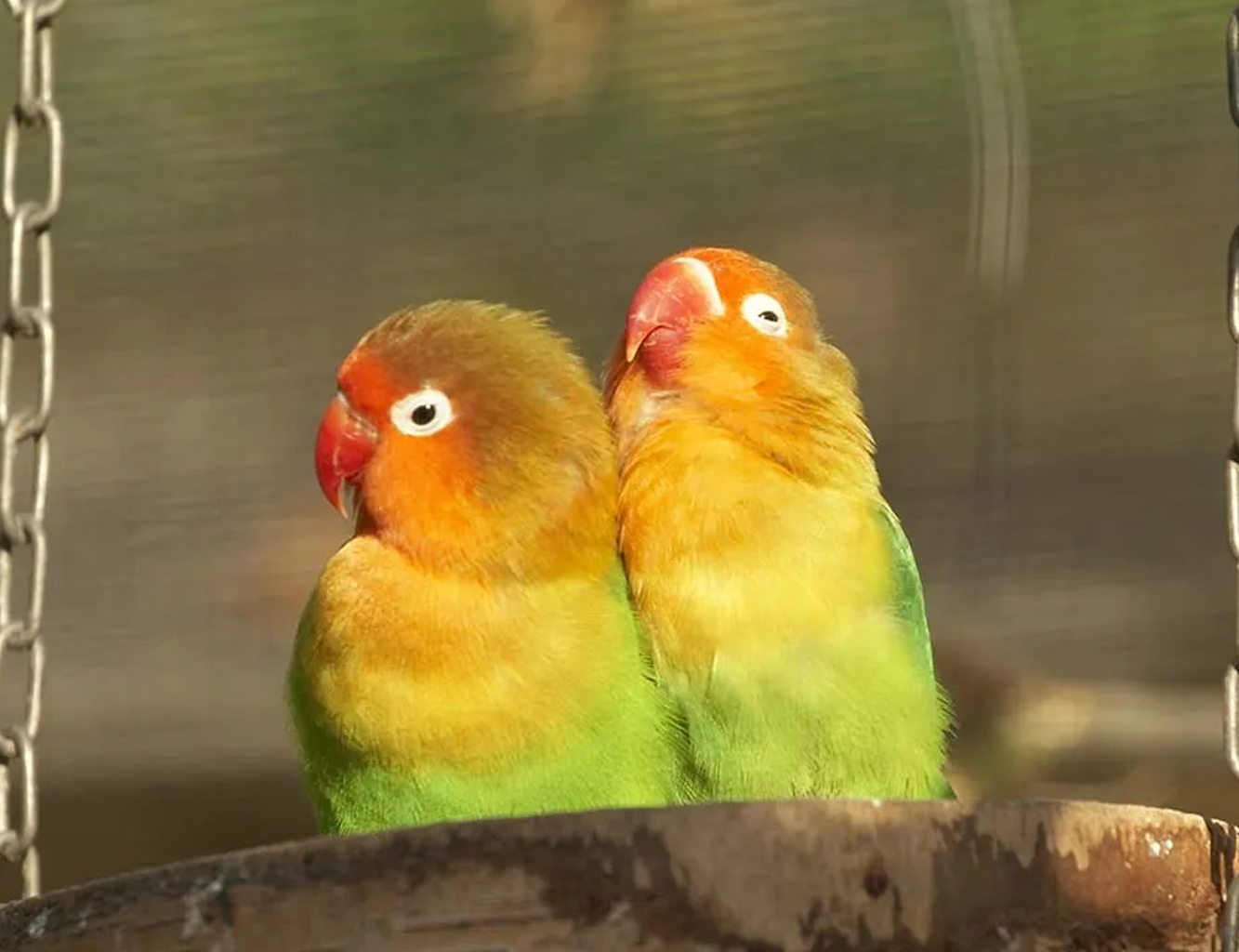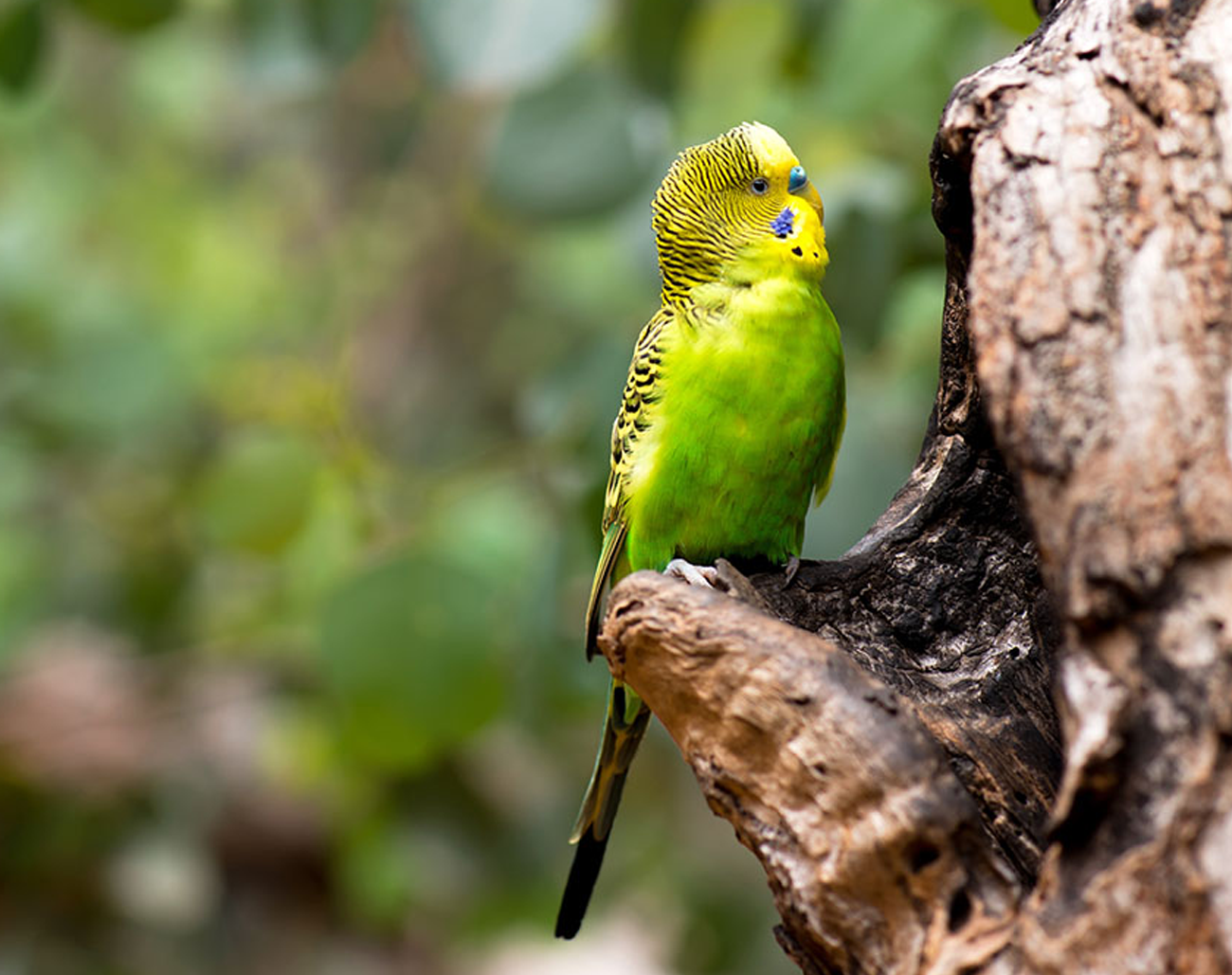Introduction
Feeding baby birds can be a delicate task, but it’s crucial for their survival and healthy development. Understanding what to feed them, how often, and the best feeding techniques is essential for anyone caring for a young bird. This guide will walk you through everything you need to know about feeding baby birds.
1. Understanding the Nutritional Needs of Baby Birds
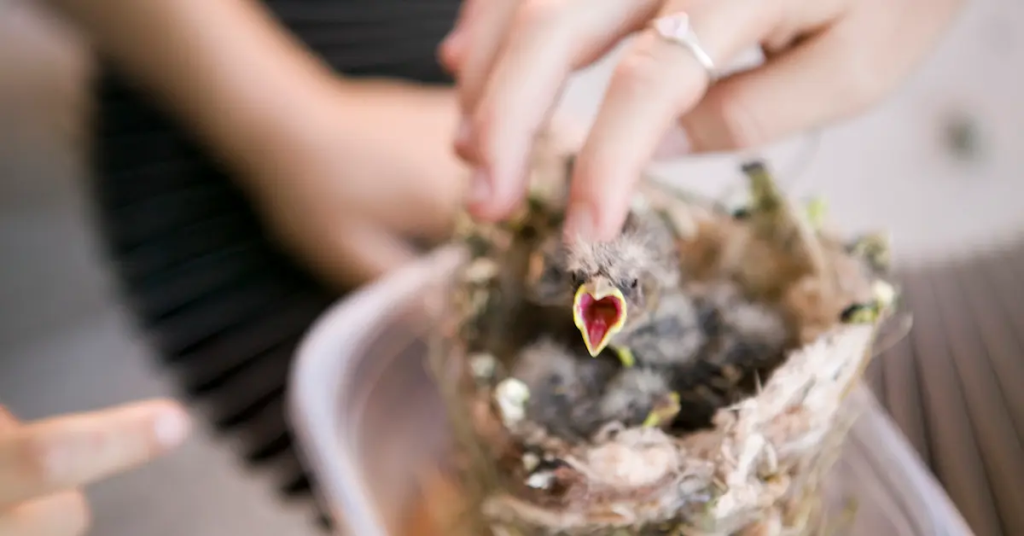
Baby birds require a diet rich in proteins, fats, and vitamins to support their rapid growth. The nutritional requirements vary depending on the species, so it’s important to know the specific needs of the bird you’re caring for. Generally, a balanced diet includes:
- Protein: Essential for growth and development. Sources include insects, worms, and specialized bird formulas.
- Fats: Necessary for energy and healthy feathers. Found in seeds and some insects.
- Vitamins and Minerals: Critical for overall health. A good bird formula will include these.
2. Types of Food for Baby Birds
Depending on the species, baby birds may need a variety of foods, such as:
- Insect-Eaters: Baby birds that naturally eat insects will thrive on mealworms, crickets, and other small insects.
- Seed-Eaters: Some species will start with a liquid diet and gradually transition to soft seeds or soaked pellets.
- Nectar-Feeders: Birds like hummingbirds may need a specially formulated nectar solution.
3. Using Commercial Bird Formulas
Commercial bird formulas are often the best option for feeding baby birds, as they are designed to meet the nutritional needs of different species. These formulas come in powdered form and need to be mixed with water to create a smooth, consistent mixture. Make sure to follow the instructions carefully to ensure proper feeding.
4. Feeding Techniques
Feeding baby birds requires patience and care. Here are some tips:
- Use the Right Tools: A syringe or dropper is often used to feed baby birds. Make sure it’s clean and appropriate for the bird’s size.
- Warm the Food: The food should be warm, but not too hot. Test it on your wrist to ensure it’s at the right temperature.
- Feeding Schedule: Baby birds need to be fed frequently, usually every 15-30 minutes for very young birds, and less often as they grow.
5. Signs of Healthy Feeding‘
After feeding, baby birds should appear content and may sleep for a while. They should gain weight steadily, and their droppings should be consistent and well-formed. If you notice any signs of distress, consult with a veterinarian immediately.
6. Weaning Baby Birds
As baby birds grow, they will start to wean off the formula and transition to solid foods. Gradually introduce soft foods like soaked pellets or small insects, and reduce the frequency of formula feedings. Monitor their progress closely to ensure they are eating enough on their own.
Conclusion
Feeding baby birds is a rewarding responsibility that requires knowledge and care. By understanding their nutritional needs and following proper feeding techniques, you can help ensure that your baby birds grow up healthy and strong. Whether you’re raising a baby bird as a pet or helping an orphaned wild bird, this comprehensive guide provides all the essential information you need.
Share this content:

